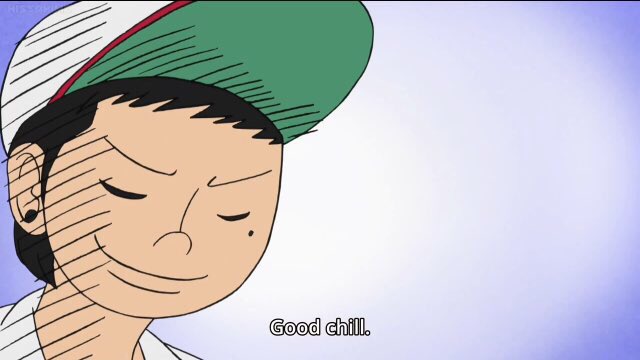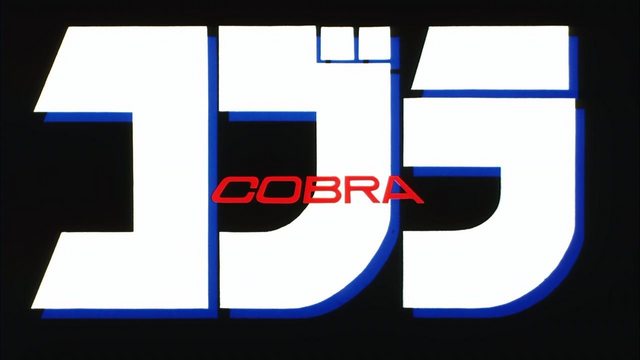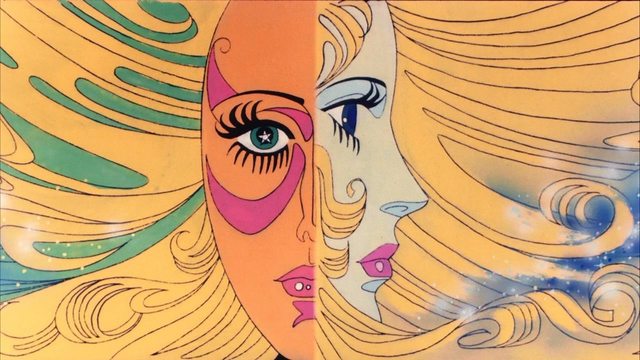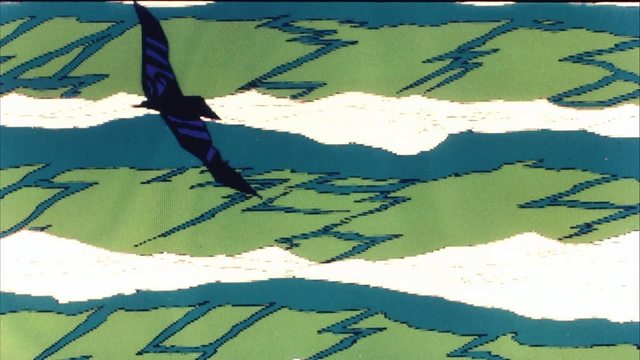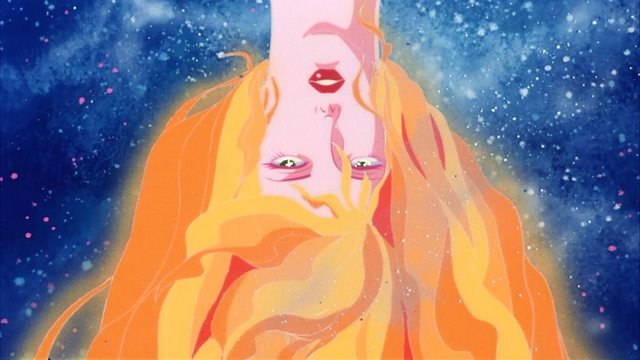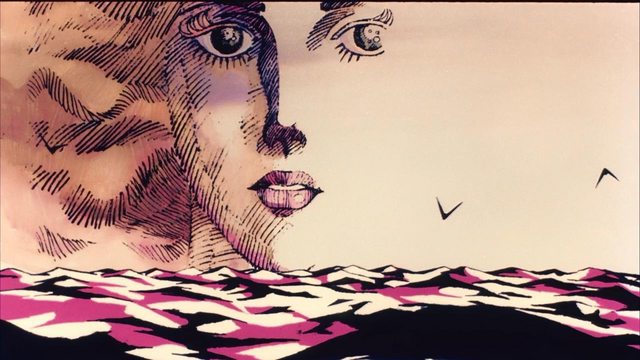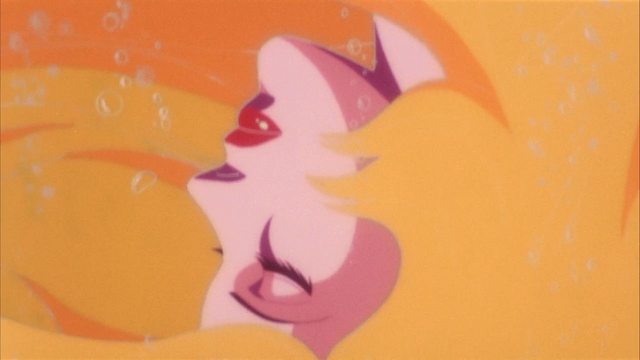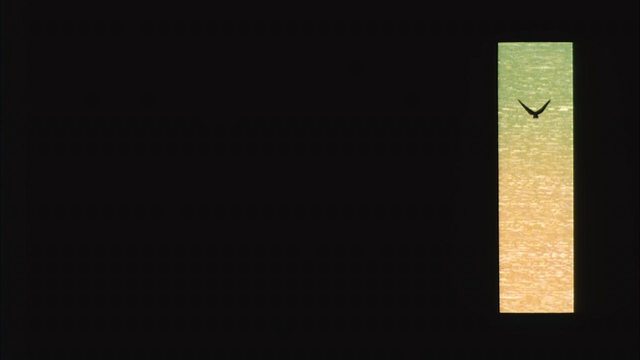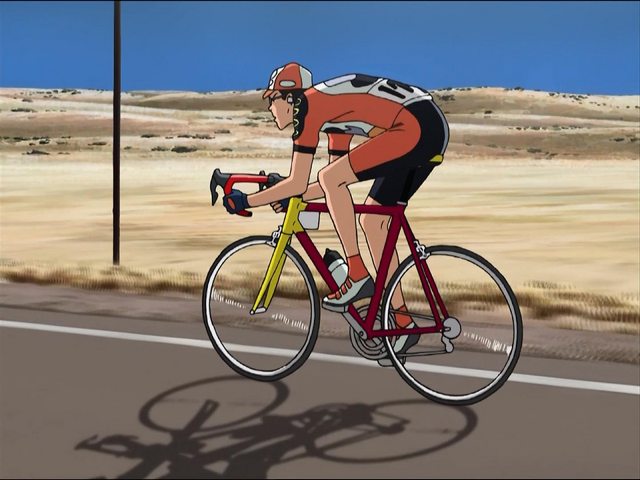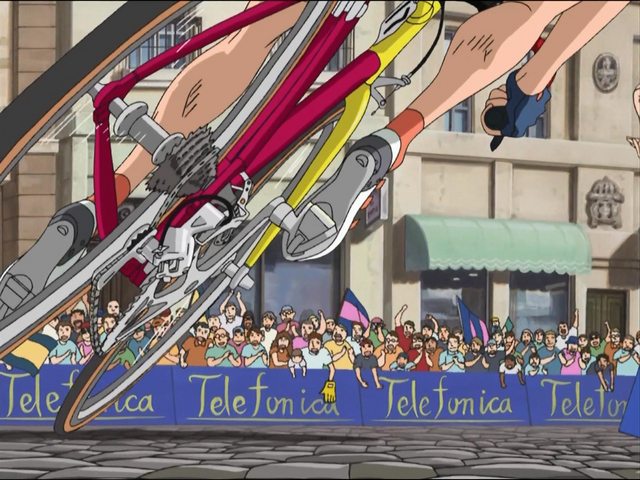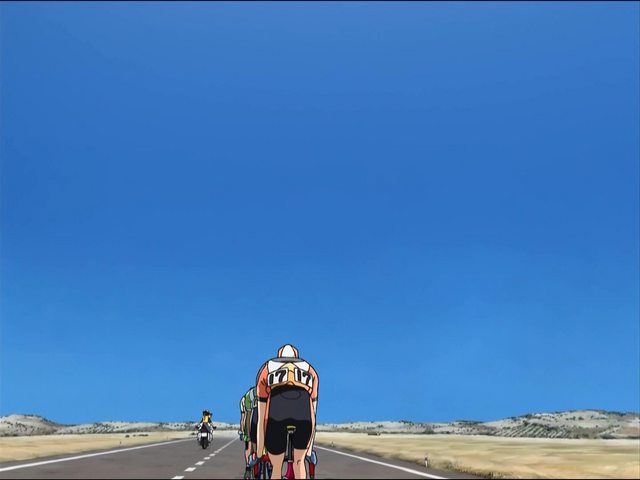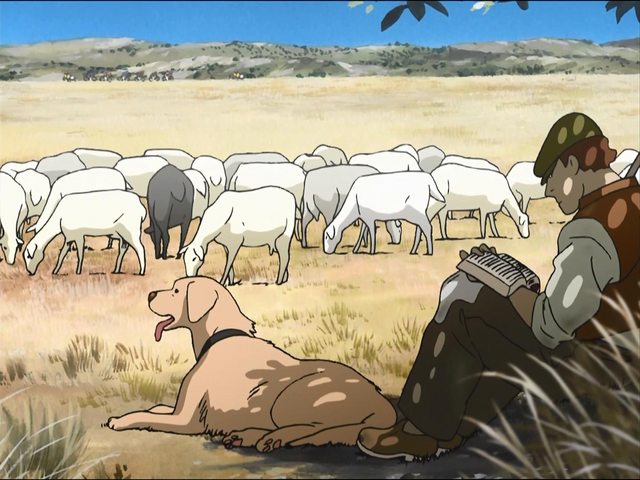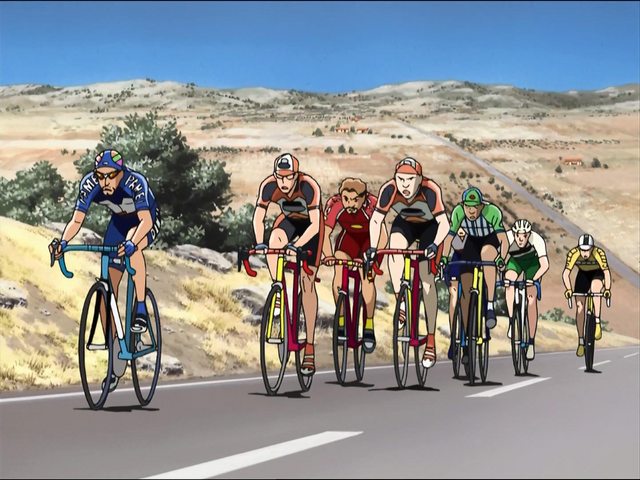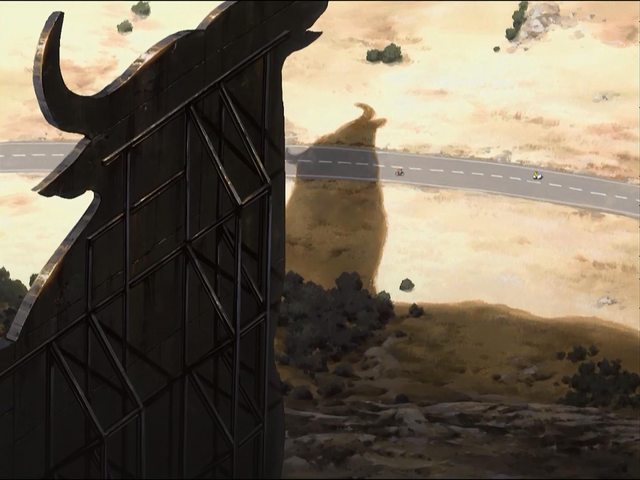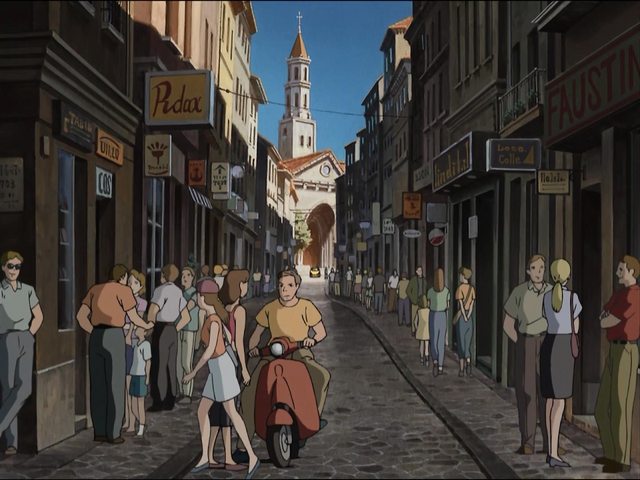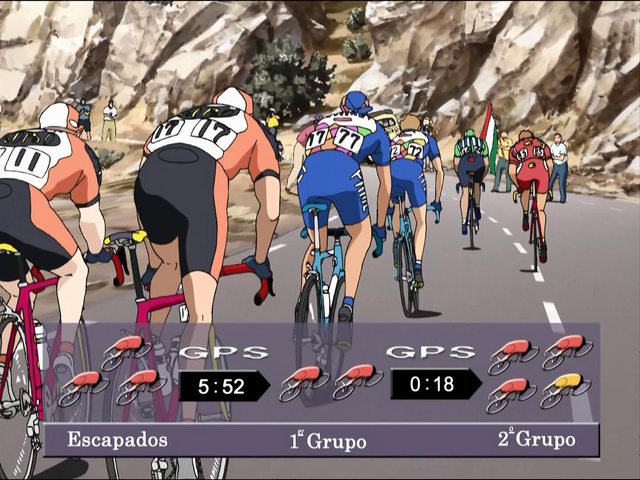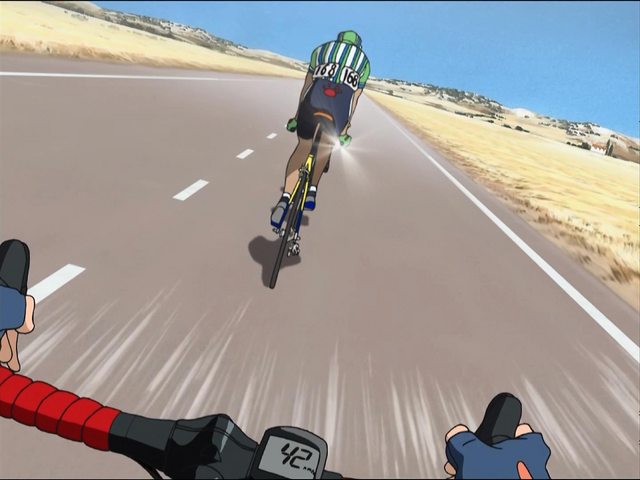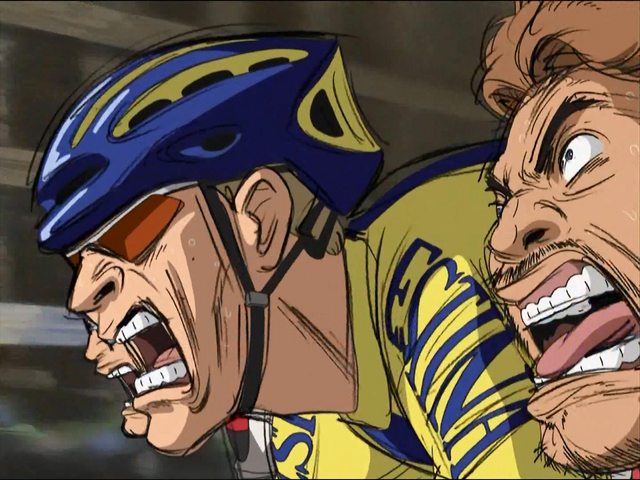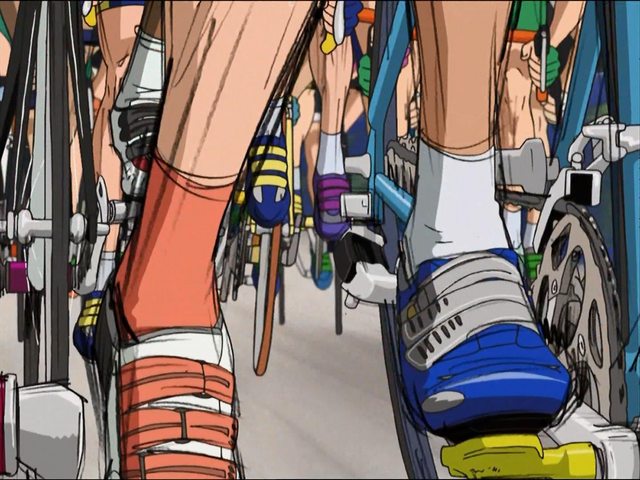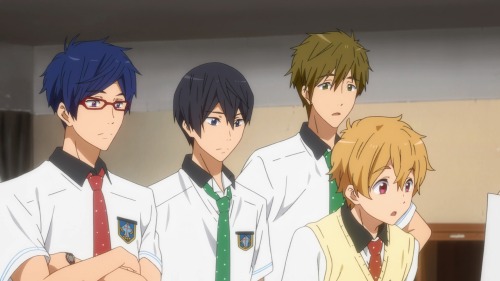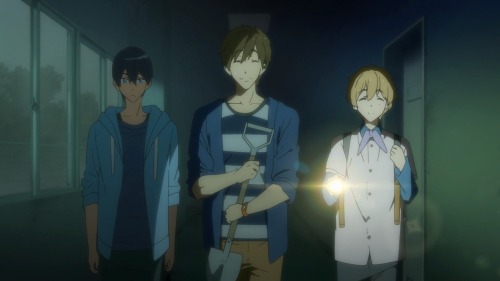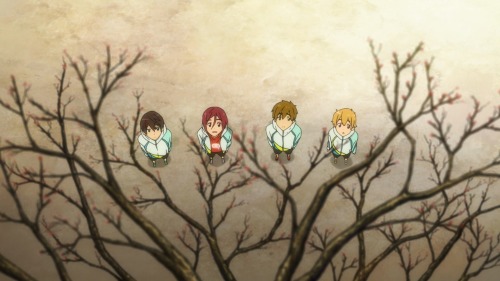Tokyo Ghoul √A
Contains spoilers for Tokyo Ghoul Season 1 and mild spoilers for Tokyo Ghoul √A
Seeing as I didn't review the first season of
Tokyo Ghoul, I should probably preface this by saying I really quite liked it. Sure, it isn't the best thing I've ever seen or anything, but I'm a sucker for shows like
Shiki, Parasyte, Elfen Lied and
Brynhildr in the Darkness, with stories about two humanoid species trying and failing to co-exist, and
Tokyo Ghoul is certainly a pretty good one of those with some reasonably well fleshed out characters and some good action in it. Despite liking the first season, I was bracing for the worst when I started watching the second season,
√A. I'd heard almost nothing but bad things about it and how it isn't as good as the first season. So, I was quite surprised when I came out of the end of
√A thinking it was actually the better of the two seasons.
Although I did enjoy
√A, I think the first thing I need to do is address the large elephant in the room, and that is the single major flaw of the series; the handling of Kaneki's character. Honestly, if this one giant misstep wasn't here, I really don't think that people would take as much issue with
√A. Even though Kaneki's character is the major flaw, I feel like the problem is two fold. The first problem is that the writers never give a good justification for Kaneki betraying all his friends at Anteiku. He spent all of the first season bonding with the cast of characters at Anteiku and for him to suddenly jump ship to Aogiri Tree, an organisation that Anteiku was actively against, there'd need to be a pretty damn good reason, which we simply don't' get. The best reason given is so that Kaneki can get stronger, but that seems so flimsy of an excuse, and it's only given in one throw away line. This wouldn't have been such a big deal if the entire story in the second season didn't almost completely hinge around this plot point. It's just such a blatant and obvious oversight that it's pretty unbelievable the writers of the show didn't pick up on it. The second problem is that Kaneki himself is such a radically different character than the person from the first season, he might as well not even be Kaneki. Now, I'm all for character development. Character development is great! However, there is a stark difference between taking a character's established traits and adding to them or building on them and erasing everything that made that character who he is and giving them all new traits. We do see a little bit of his old self come back in the latter half, but at that point I think it's too little, too late.
Now, with that aside, there are actually a lot of areas in which I think that
√A is a fairly great improvement over the original series. I think the biggest change in
√A is it has a rather large focus on the Commision of Counter Ghoul (CCG) and it's a change that I really love. If there's one thing that shows like
Tokyo Ghoul need to get right, it's showing both sides of the species conflict in equal measure and trying to make sure there isn't necessarily one right or wrong side. The first season didn't really do a great job in this respect, mostly villainising the humans, and not really giving them a whole lot of screen time in comparison to the Ghouls. In
√A though, we do spend a rather significant amount of screentime with the members of the CCG, really getting to know them and ultimately come to like them. Although this did come with the unfortunate side effect of minimising the screentime of the Anteiku crew, most of whom have nothing really to do in the first half of the series, I really think it was worth it for the amount of depth it gave the final conflict in the last 3 episodes. As we're well acquainted with the characters on both sides of the struggle, we really don't want to see them fight, which kind of drives home the point I think the series is trying to make. Perhaps the best scene from either series comes from the CCG point of view, where we see the investigators and soldiers have to make a last will and testament, as seeing the emotional distress some of them go through is heart wrenching, and really makes you think during what would normally be fairly brainless action sequences where we see Ghouls we know and love slaughter these CCG officers in their hundreds. Another improvement over the original series in regards to the finale is just how much more focused
√A is. For a 12 episode series, the first season had 3 different story arcs, which is a lot for a series of this size, and as such made each arc feel a little rushed. Here though, there is just a single arc throughout, which actually picks up from an arc at the end of Season 1, making it feel more coherent. Yet another improvement, that especially comes to light in the last 3 episodes, is just how well improved the action is here. For a show all about super powered beings, the first season certainly had a lot of fairly ordinary fist fights, something gone almost entirely here which was nice to see. I do have a few minor nitpicks here and there, like the odd nitpick here and there, but I find they are few and far between, and not really enough to drag the show down, mostly because they are all outshined by the aforementioned ruination of Kaneki's character.
On the production side of things, I think Studio Pierrot, of Bleach and Naruto fame, do a better than average job on
Tokyo Ghoul, especially given some of the studio's other shows. It isn't going to blow anyone's minds or anything, but I think it looks fairly good. Yutaka Yamada's score for the series, as well as the original, is really good and I also think that Funimation's English dub is quite good too.
When I see people say that
√A is bad, I can certainly see where they're coming from, but in my eyes, despite the rather glaring issue, √A still manages to be the better show than the first season, mostly because it's improved in almost every other area.
Website Version

